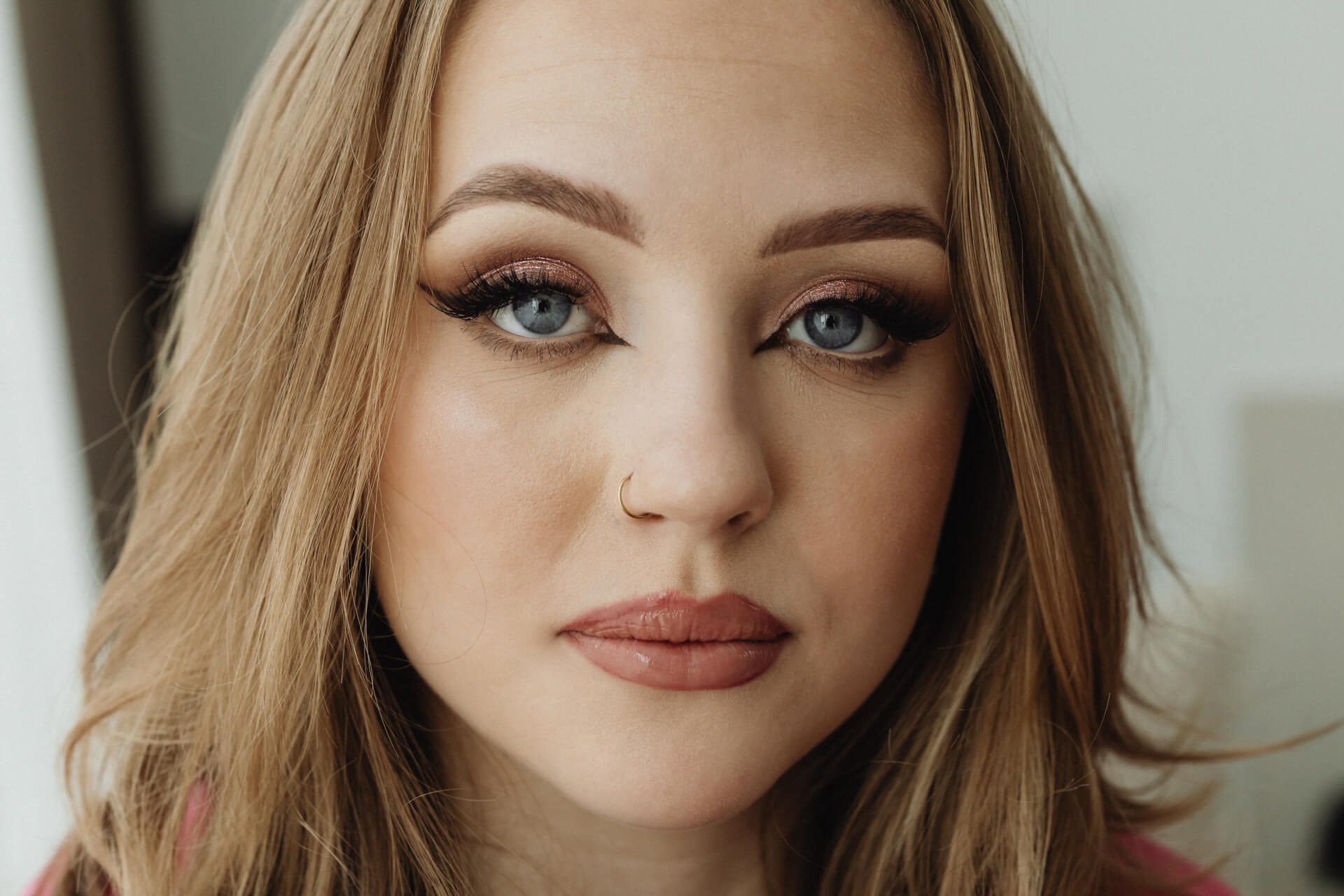I’m not going to waste your time, not even a little bit. The answer to the question: ‘Why are relationships hard?’ is simple: relationships are hard because we project our childhood traumas onto our partners.
With that said, if you just came for the quick answer, thanks for stopping by, and feel free to check out my other blog posts🙂 But if you want to understand why projections happen and how to handle them better in the future, keep on reading.
Understanding Childhood Traumas
If you want to become more familiar and less reactive to your childhood traumas, you need to ask yourself one simple question (shoutout to Tony Robbins who taught me this wonderful technique):
Whose love did you crave the most?
Name that caregiver (it can be your mom, your dad, one of your grandparents, or whoever took care of you as a child).
Now, let’s explore why answering this question plays such an important role in our romantic relationships.
When we’re children, our experiences shape the way we view the world. We identify with the parent or caretaker whose love we craved the most. Along the way, we also develop our identity, which is derived from our caretakers.
To gain their love and acceptance, we shape ourselves into what we think we need to be. Sometimes this might lead to developing an insecure attachment style.
If you want to what find yours is, take this free 1-minute quiz:
Going back to the question: Whose love did you crave the most?
Let’s say you had a distant mother who only gave you affection when you behaved like a ‘good girl or a good boy’. Until you’ve completely worked through your issues with her, you’re going to attract distant and emotionally unavailable partners and re-experience the trauma.
Overcoming challenges is one of the ways we grow as individuals, that’s why an unresolved trauma will present itself until you give it enough attention and deal with it once and for all.
If you want to learn why you might be sabotaging your relationship and how to stop, check out this quick video:
Now, that we’ve explored why unresolved traumas keep coming up in your love life, let’s focus on the 3 steps that you can take to stop projecting traumatic experiences onto your partner and help them grow with you along the way.
1. Watch out for Triggers
When you get extremely angry or frustrated with your partner, take a step back and examine why that situation made you react in a highly emotional way. Ask yourself this question: Has this happened to me in my childhood before?
The more you dig, the more self-aware you will become. As a result, next time you get too emotional, you’ll know that it’s not your partner who’s responsible for your feelings, but your primary caretaker left a wound that needs healing.
There’s a tool we, coaches and therapists worldwide use, and it’s called the Automatic Thought Record tool. It helps you track your negative thoughts, challenging emotions, and repetitive behaviors. It’s free and really simple to use.
Get instant access
Now, back to the triggers. The more triggers you discover, the bigger your chance is to overcome your childhood traumas and have a strong and healthy romantic relationship.
The best thing about working on your past traumatic experiences is that you will also improve your relationship with your primary caretaker. Even if they’re no longer alive, you can still do the work, and cultivate the power of forgiveness.
2. Assess the Relationship Objectively
We’ve already established that relationships are hard because we project our unresolved traumas onto our partners, but some relationships may trigger us in ways that are unhealthy and sometimes even beyond repair.
If you experience physical abuse or feel that your partner may hurt you in some way, you need to seek help and get yourself out of the situation immediately.
In cases like these, you’ve probably experienced some kind of abuse as a child and you feel powerless to protect yourself. The good news is, that you’re not a child anymore, and working with a therapist can help you get your power back and learn how to trust yourself again.
Assessing your relationship objectively is necessary because sometimes we truly cannot do anything about saving it. At the end of the day, a relationship consists of two people who may or may not be willing to do the work.
Sometimes, not having a healthy relationship with someone else has a lot to do with not being good to yourself. If you want to learn how to transform the relationship with yourself (and as a result improve your romantic relationship), check out this video next:
3. Accept What You Can’t Change or Leave
This sounds like a no-brainer, but it’s a lot harder than it seems.
Let’s say your partner is the flirtatious type. You know they’re loyal and they’re not going to cheat, but they crave attention and validation from different people.
In that case, you have two options:
✔ You can let them know how that makes you feel, hoping that they can adjust their behavior and accepting that it’s a part of their personality, or
✔ You can tell them that it’s a dealbreaker for you and you won’t tolerate such behavior, and then leave.
If you decide to leave, though, there’s a good chance you may end up with the same type of partner. That’s why before you get to step three, do your best to work on step one: watch out for your triggers; and step two: assess the relationship objectively.
Learn How to Love Yourself, Unconditionally
50%
SAVE

(in less than 15 minutes per day!)
OFF
Quick disclaimer: I don’t know what your specific situation is, so please take what I’ve said with a grain of salt and don’t make rash decisions if you haven’t thought of the consequences. You are in charge of your relationship and every decision is entirely up to you.
With that said, I believe…
'We accept the love we think we deserve.' – Stephen Chbosky Share on XThe more we work on our past issues and become more self-aware, more confident, and less codependent, the better partners we’re going to attract and our relationships won’t seem that hard anymore.
If you want to learn more about my signature program for women where we work on those types of issues, sign up below to be the first to know when it opens up again:
Love,






